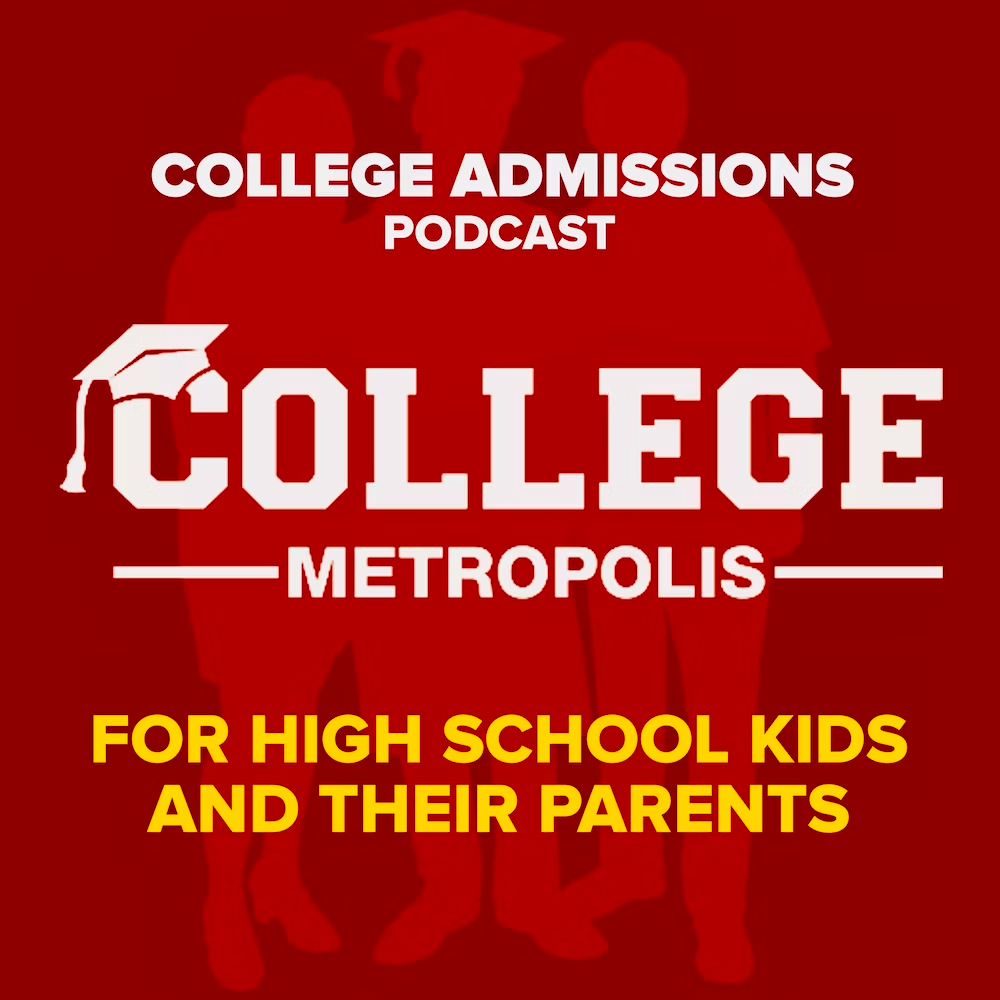#085 – This is the third episode in a series that deals with some of the most common misconceptions about college admissions.
On the previous two episodes we talked about the fallacy of the “Best-College Rankings” and what research shows is the connection between the level of selectivity of a college or university and the quality of education students receive in those institutions. Spoiler alert, there is no connection!
On this episode, we conclude with a presentation of what different types of research show is the one characteristic that all the schools that have allowed students to enjoy the best outcomes is, namely, engagement.
I had an opportunity to reminisce about three professors in my college career who were very engaging and played a very important role in the person and the professional I became. They are, Dr. Nabil Razzouk, Dr. Folrence Pollard, and Dr. Krone, whose name escaped me during the recording of the episode.
Schools that allow for students to connect with professors and the school in meaningful ways, provide students with the best opportunity to succeed.
Jankel presents six ways in which engagement happens.
We also talk about the importance of engagement as students create a group of questions to ask as they attempt to create a list of colleges to which they will apply.
In all, this episode cites 13 different research articles and books written on this subject.
Links to resources mentioned on this episode:
Challenge Success – A non-profit affiliated with the Stanford University Graduate School of Education. We provide schools and families with proven strategies that promote well-being and engagement with learning in order to transform the student experience into one where all kids can create their own paths to success.
Gallup Inc. (2014). Gallup-Purdue Index Report 2014.
Please help us reach other parents and high school students who may need the information we provide, by giving us a 5-star rating and leaving us a positive review. We would be very appreciative and grateful to you for that bit of support.
Thank you!

